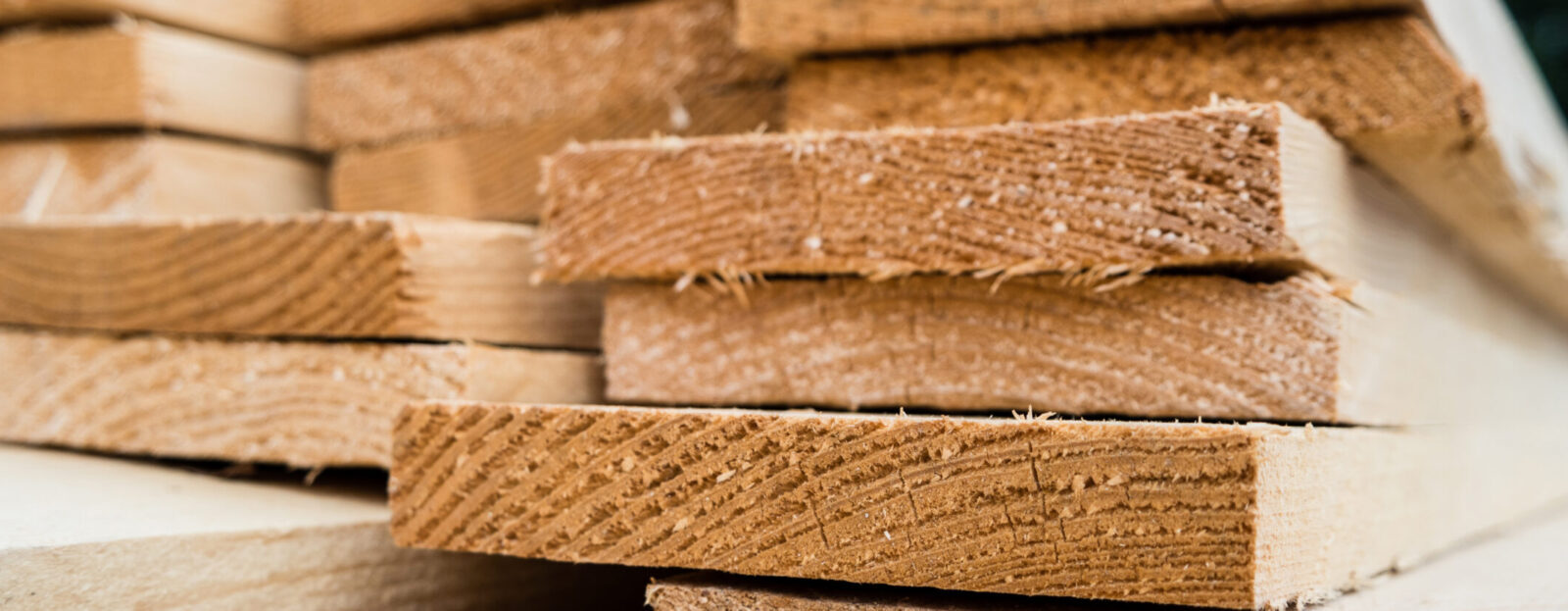Le recyclage des matériaux du bâtiment réinventé
C’est la « marque de fabrique » d’Ecomaison. En mettant l’économie de la ressource au cœur de notre stratégie, nous voulons faire de l’obligation de recyclage une réelle opportunité pour le secteur du bâtiment.
« Notre rôle est avant tout d’être un accélérateur de changement et de progression de l’économie de la ressource ». C’est en ces mots que Dominique Mignon, Présidente d’Ecomaison décrit la mission de notre éco-organisme. Car notre ambition est bien le recyclage des matériaux du bâtiment. Pour cela nous allons produire des matières premières recyclées de qualité, conformes aux cahiers des charges des fabricants, pour qu’elles soient intégrées dans de nouveaux produits. Ecomaison réinvente ainsi le recyclage des produits et matériaux du bâtiment (PMCB), en créant une boucle vertueuse, boostée par un système financièrement très incitatif et interactif. D’un côté, le tri à la source pour faciliter le recyclage des matières, de l’autre, le soutien à l’innovation pour accélérer l’incorporation de matière dans de nouveaux produits et trouver de nouveaux débouchés aux matières recyclées.
Les boucles de recyclage des matériaux du bâtiment : exemple des mousses pour les isolants
C’est le cas pour le recyclage des mousses de matelas. Ecomaison a développé avec ses partenaires une expertise unique dans le recyclage chimique des déchets de mousses polyuréthane (PU), issues des matelas. La première unité de fabrication de ces mousses PU a été inaugurée en 2021 près d’Orléans. Les fabricants et distributeurs de mobilier sont incités financièrement à réincorporer ces mousses par exemple dans les sièges et canapés rembourrés.
Le secteur du bâtiment bénéficie déjà des innovations lancées par Ecomaison. Un projet a été développé en collaboration avec un spécialiste des produits en mousses PU destinés au bâtiment. Il a conduit cette société à adapter l’un de ses produits phares, une mousse d’isolation acoustique, afin de la produire exclusivement à partir de mousses recyclées issues des matelas, dans son usine d’Angers. Désormais, ce produit d’isolation acoustique, 100 % circulaire et fabriqué en France, est distribué largement au sein des grandes surfaces de bricolage.
En collaboration avec une société spécialiste du démantèlement et du recyclage des matelas, un autre projet vise à proposer aux artisans spécialistes de l’isolation thermique, un isolant à souffler. Fabriqué à partir des fractions textiles des enveloppes de matelas, ce produit pourra se substituer à l’utilisation des produits traditionnels utilisés en isolation des combles, par exemple. Il est en cours de certification finale.
Innover pour une construction durable
Notre expérience sur le recyclage du bois, principal matériau collecté, est déjà fondamentale dans le secteur de l’ameublement. Les fabricants et distributeurs sont incités financièrement à l’intégration de bois recyclé issu du recyclage dans les panneaux de particules, que l’on retrouve dans la fabrication de meubles. Les fabricants de panneaux de particules montrent un grand intérêt pour ce système et participent activement à son développement.
Côté bâtiment, Ecomaison innove également dans les matériaux de construction issus de l’économie circulaire du bois, en soutenant des projets permettant la fabrication de MDF (panneau de fibres à densité moyenne) recyclé et de béton de bois.
En conservant la responsabilité des déchets collectés jusqu’à la fin du processus opérationnel et technique, Ecomaison a la capacité de fournir aux industriels des volumes importants de matériaux recyclés de qualité, directement utilisables par des fabricants locaux ou nationaux.
Dans le contexte de développement rapide de la construction durable, en France notamment, l’innovation et l’éco-conception seront des leviers majeurs de mise en œuvre de ce nouveau projet.
Massifier la collecte et la valorisation
Développer des boucles de recyclage implique une massification de la collecte et des volumes de déchets traités. Un engagement d’Ecomaison rendu possible grâce à l’agrément pour la filière de recyclage (REP) du bâtiment, faisant de l’éco-organisme le seul acteur multi filière de la maison (avec l’ameublement, la literie, le bricolage, le jardin et les jouets). Plus d’un million de tonnes de déchets ont été collectés en 2021, valorisés à 94 %.
L’objectif est de doubler ce chiffre d’ici 2027 et de viser le zéro déchet pour tous les produits et matériaux de la maison.
